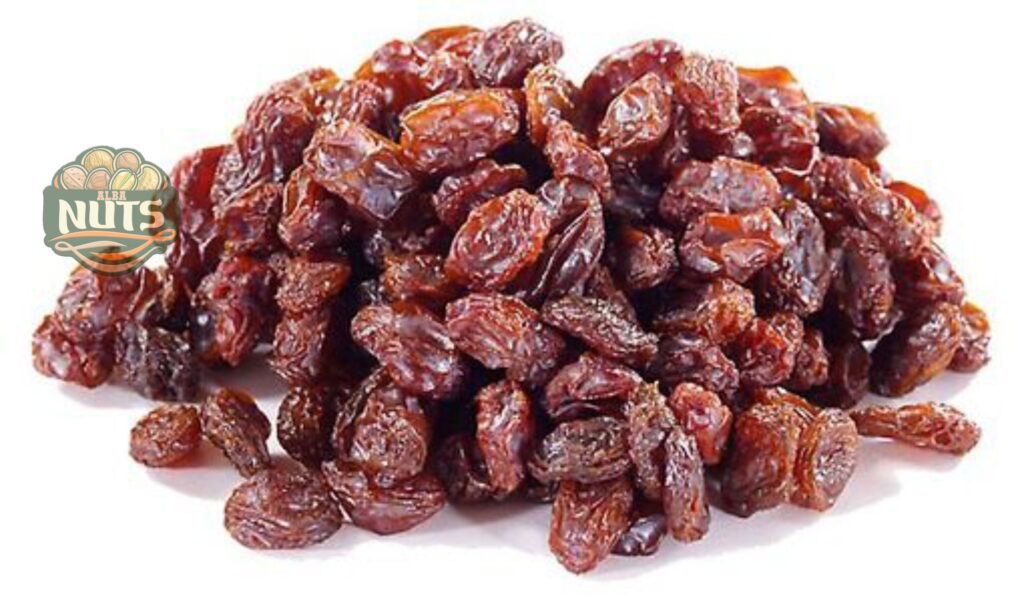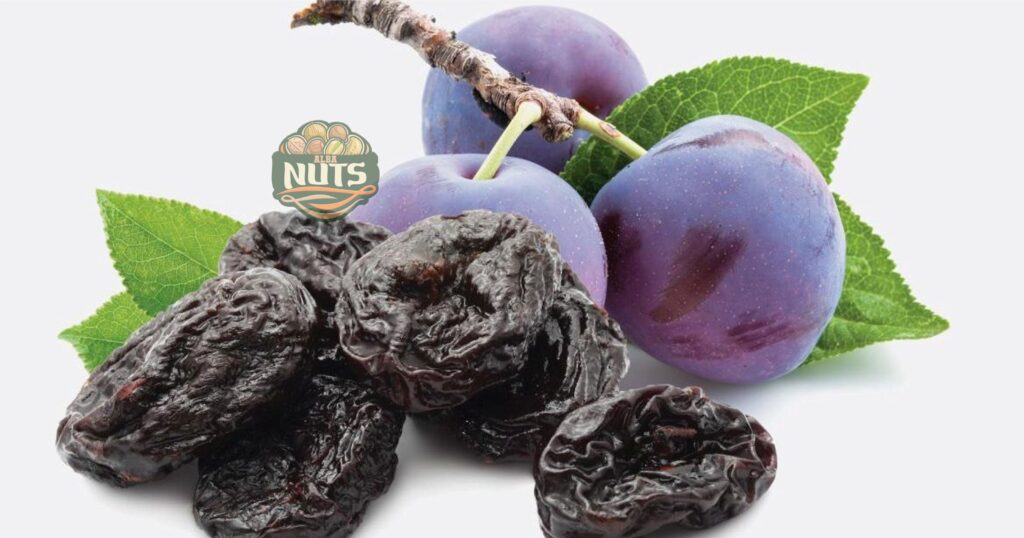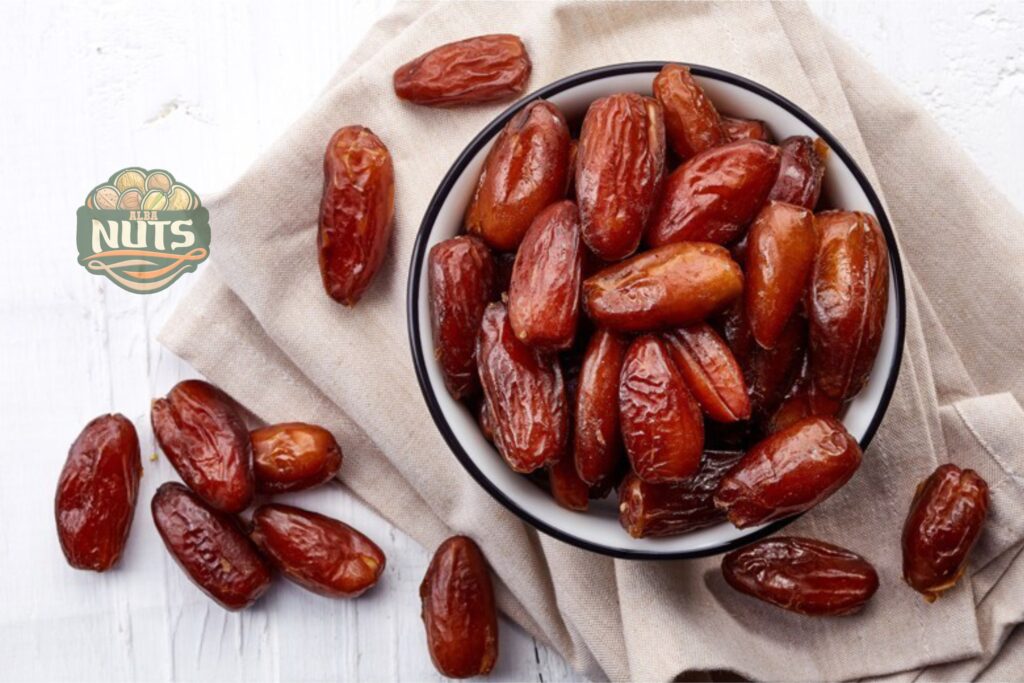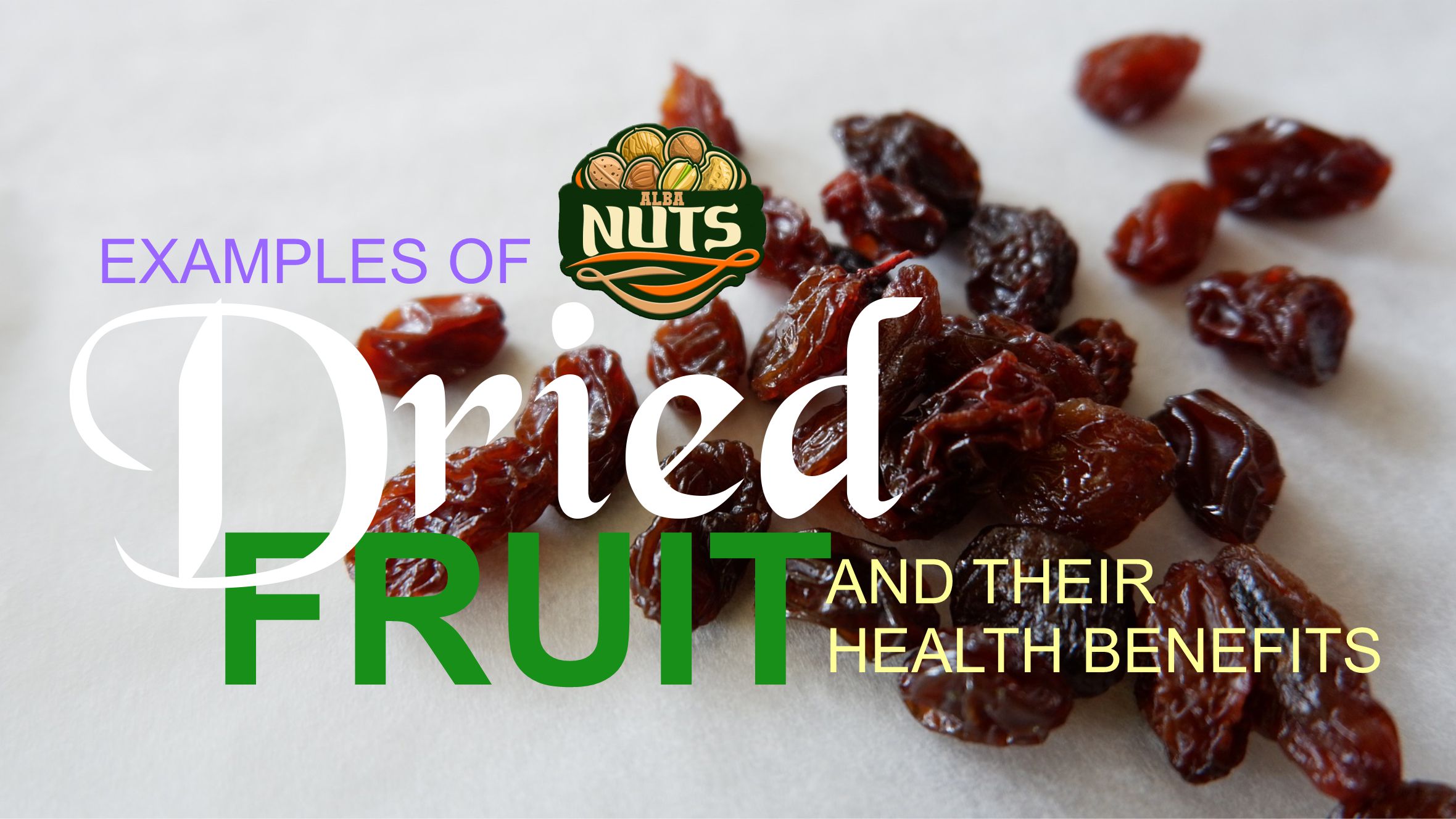Raisins
Raisins are dried grapes and are packed with fibre, potassium and various health-promoting plant compounds. They have a low to medium glycaemic index value, and a low insulin index, meaning raisins should not cause major spikes in blood sugar or insulin levels after meals. Eating raisins may:
- Lower blood pressure.
- Improve blood sugar control.
- Decrease inflammatory markers and blood cholesterol.
- Lead to increased feeling of fullness.

Eating raisins may therefore improve blood sugar control, lower blood pressure and blood cholesterol, reduce the risk of developing type-2 diabetes and heart diseases, and decrease inflammation
Prunes
Prunes are dried plums. They highly nutritious, being rich in fibre, potassium, beta-carotene (vitamin A) and vitamin K; are also rich in a mineral called boron, which can help fight osteoporosis; are very filling and should not cause rapid spikes in blood sugar levels; and as a great source of antioxidants, they may inhibit the oxidation of LDL cholesterol and help prevent heart disease and cancer. They are also known for their natural laxative effects because of their high content of fibre and a sugar alcohol called sorbitol, which is found naturally in some fruit. Eating prunes has been shown to help improve stool frequency and consistency. Prunes are considered to be even more effective at relieving constipation than psyllium, which is another common remedy

Dates
Dates are incredibly sweet. They are a great source of fibre, potassium, iron and several plant compounds. Of all the dried fruit, dates are one of the richest sources of antioxidants, contributing to reduced oxidative damage in the body. Dates have a low glycaemic index, which means that eating them should not cause major spikes in blood sugar levels. Date consumption has also been studied in relation to pregnant women and labour. Eating dates regularly during the last few weeks of pregnancy may help facilitate cervical dilation, as well as decrease the need for induced labour. A study by Al-Kuran, Al-Mehaisen, et al. (2011) had women eat dates during the last few weeks of pregnancy. Only 4% of the date-eating women required induced labour, compared to 21% of those who did not consume dates. Dates have also shown promising results in animal and test-tube studies as a remedy for infertility in males, but human studies are lacking at this point (Rahmani, Aly, et al., 2014)

References
Al-Kuran, O., Al-Mehaisen, L., Bawadi, H., Beitawi S., & Amarin, Z. (2011). The effect of late pregnancy consumption of date fruit on labour and delivery. Journal of Obstetrics and Gynaecology: The Journal of the Institute of Obstetrics and Gynaecology, 31(1), 29-21. https://doi.org/10.3109/01443615.2010.522267
Rahmani, A.H., Aly, S.M., Ali, H., Babiker, A.Y., Srikar, S., & Khan, A.A. (2014). Therapeutic effects of date fruits (Phoenix dactylifera) in the prevention of diseases via modulation of anti-inflammatory, anti-oxidant and anti-tumour activity. International Journal of Clinical and Experimental Procedure, 7(3), 483-491. Retrieved from https://www.ncbi.nlm.nih.gov/pubmed/24753740


